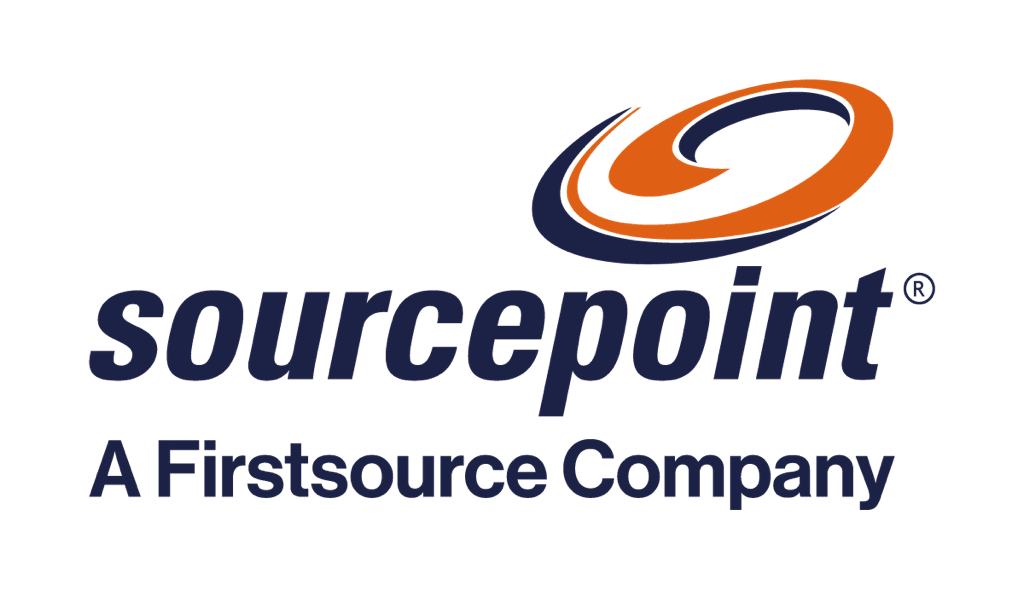When it comes to the mortgage industry, use of advanced technology like AI and machine learning in mortgage lending is proving to be a significant differentiator.
A survey of 3,000 millennials, Gen Xers, and Baby Boomers to better understand the perspectives of consumers when it comes to the mortgage process revealed some startling findings. Borrowers across all three groups valued the same things in their mortgage experience – speed, convenience, security, and personal interaction. Key insights from borrowers showed that 93.1% of homeowners surveyed said that technology somewhat or very much improved the loan process.
The key takeaway: customers, regardless of their age or gender, are looking for an efficient and frictionless mortgage process – a far cry from the time consuming and complex traditional process.
The good news is next-gen technologies like AI and machine learning are creating new avenues for lenders to move beyond routine automation and leverage analytics-driven insights to improve customer experience.
Unsurprisingly, forward-thinking lenders are turning to mortgage automation solutions leveraging AI and machine learning to create competitive differentiation in three major areas – cost, compliance, and customer service.
How AI and Machine Learning is affecting mortgage industry – 3 use cases
1. Optimize efficiency and costs.
AI-based self-learning algorithms extract data from images, pinpoint data anomalies, develop validation rules, and most importantly, take decisions faster than humans. As opposed to traditional tools that use statistical modeling to generate credit scores, machine learning aggregates data from a wide variety of structured and unstructured sources to deliver a more rigorous picture of the borrower’s credit worthiness.
AI in mortgage lending replaces a one-to-one manual comparison of borrower data with a model than instantly captures the relationship between thousands of data points. In effect, the algorithms can identify gaps in borrower applications, predict bad loans, and identify new opportunities – all within a fraction of a second. The result: increased accuracy, reduced costs, and enhanced efficiencies across the lending process.
2. Enhance compliance.
Compliance is a major source of costs and delays in the lending cycle. Current compliance systems identify and reduce errors by kicking non-compliant loans for further manual review, escalating costs as well as turnaround time.
A deep learning system, on the other hand, automatically checks for compliance with federal and state requirements in real time. It combines domain expertise with borrower data, business rules, and predictive analytics to identify errors and flag compliance violations. AI-based systems also offer advice on corrective actions to be taken with respect to procedures and workflows – to help fix the gaps. In essence, the right mix of AI and ML can transform compliance for mortgage businesses without sacrificing speed or efficiency.
Handpicked Related Content
3. Boost customer experience.
A survey reported that it took 41 days to close a mortgage during the month. Lenders can reduce this mortgage processing time by deploying online portals for application submission and using machine learning to verify and track borrower information.
AI-based tools such as chatbots and virtual assistants are adept at analyzing data to efficiently guide borrowers through the lending process and deliver personalized experiences. Lenders that deploy these tools to their fullest potential will not only deliver exceptional customer experience but also will be able to focus on high-value activities.
While organizations can choose to build in-house capabilities for developing and implementing AI and machine learning based mortgage solutions, it is a time consuming and expensive process that requires investments in infrastructure and resources.
Partnering with an experienced mortgage process automation services provider who offers the right combination of domain expertise and proprietary tools can help lenders fast track machine learning benefits with little upfront investments.
Key considerations while seeking a mortgage outsourcing partner
Do check the mortgage partner’s experience across the loan life cycle. You may initiate outsourcing by focusing on a small segment of your operation, but as you realize the benefits you may want to expand services to multiple segments.
A provider continually deploying Intelligent Automation solutions to mortgage processes can add great value through apt use of AI & machine learning across the mortgage lifecycle.. Accounts of their success stories usually termed anonymous case studies, are remarkably revealing about the challenges, strategy and outcomes of Intelligent Automation initiatives.
Handpicked Related Content
Seven Factors that create success in Mortgage Process Outsourcing (MPO)
As more tech-savvy individuals enter the mortgage market, lenders will be increasingly judged on the user-friendly experiences they offer. To thrive in the new reality, lenders must put customers at the heart of their operations and reimagine their lending process using AI and machine learning.
If you need to learn more about mortgage automation solutions, schedule a call with one of our experts who can share deep insights into identifying the right automation opportunities and best-fit technologies for data intake, process automation and analytics.
Featured Resource
Download the HFS Point of View: From outsourcing to innovation: partnering to revolutionize mortgage servicing that analyzes how outsourcing can be a gateway to innovation and adoption of emerging technologies in the mortgage servicing business.




